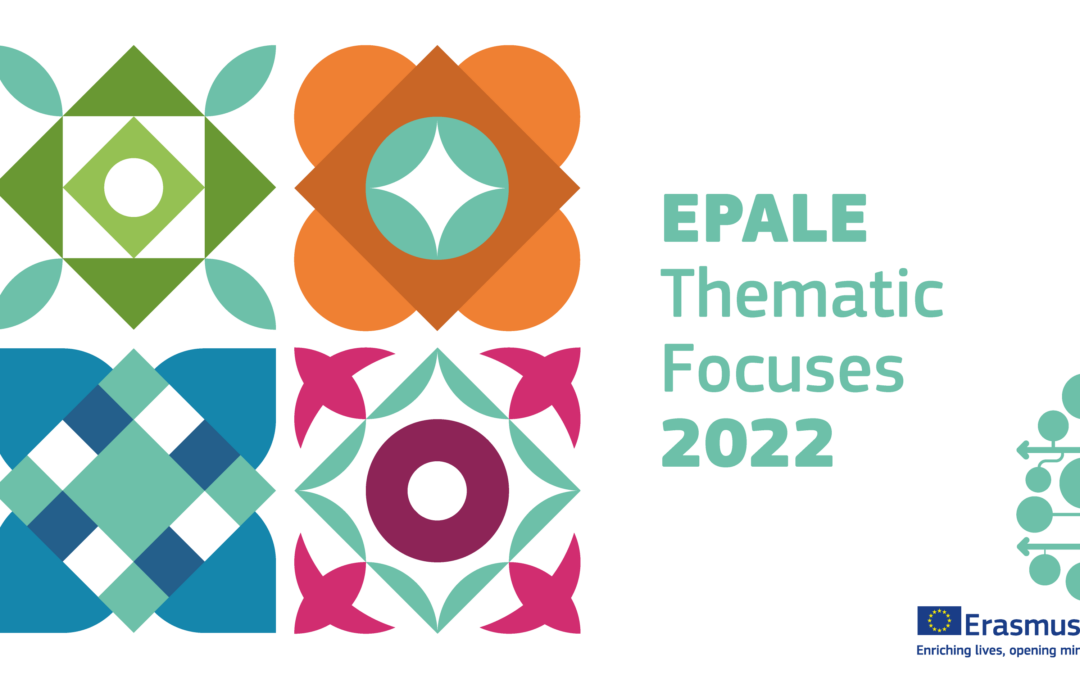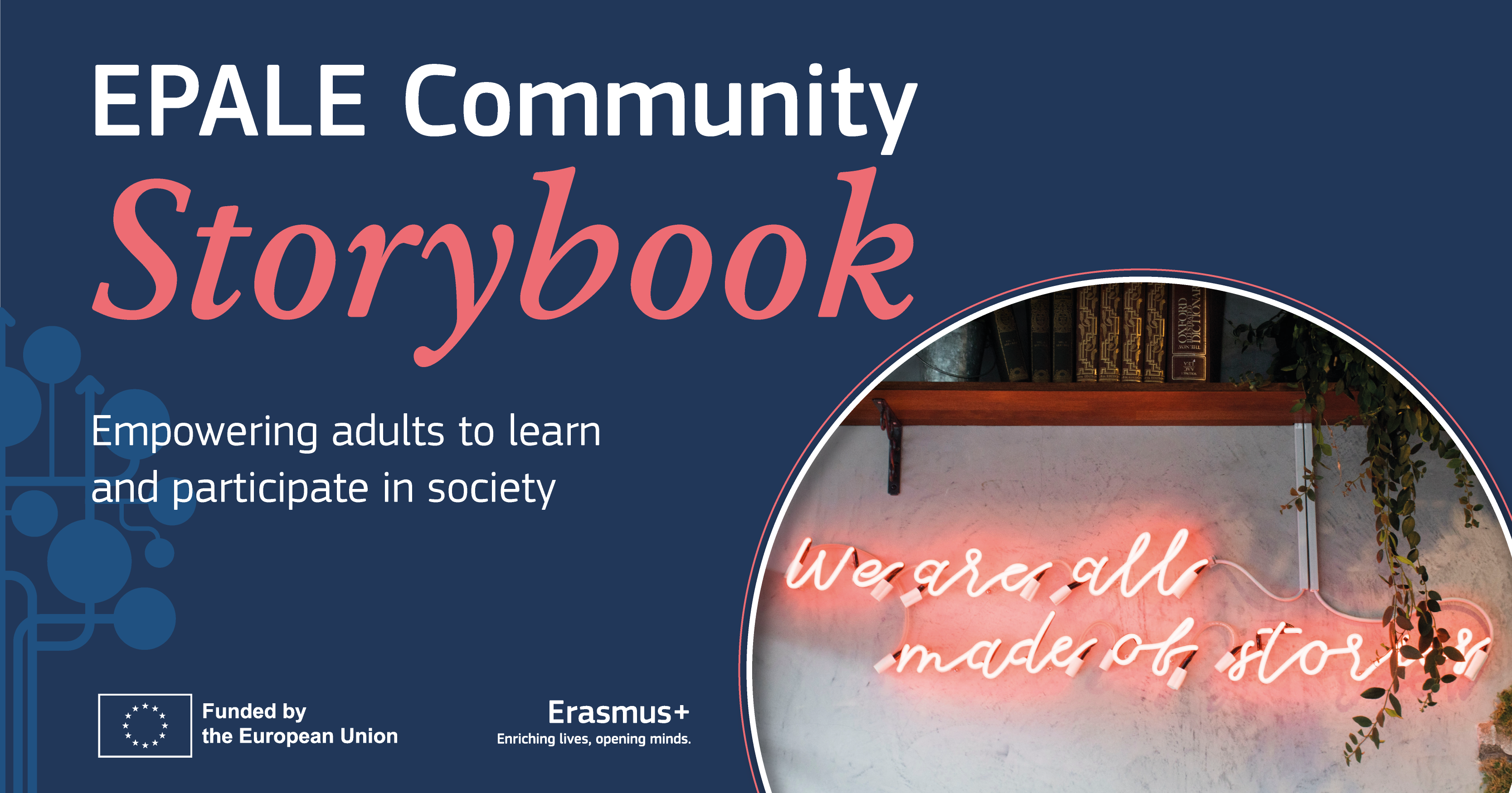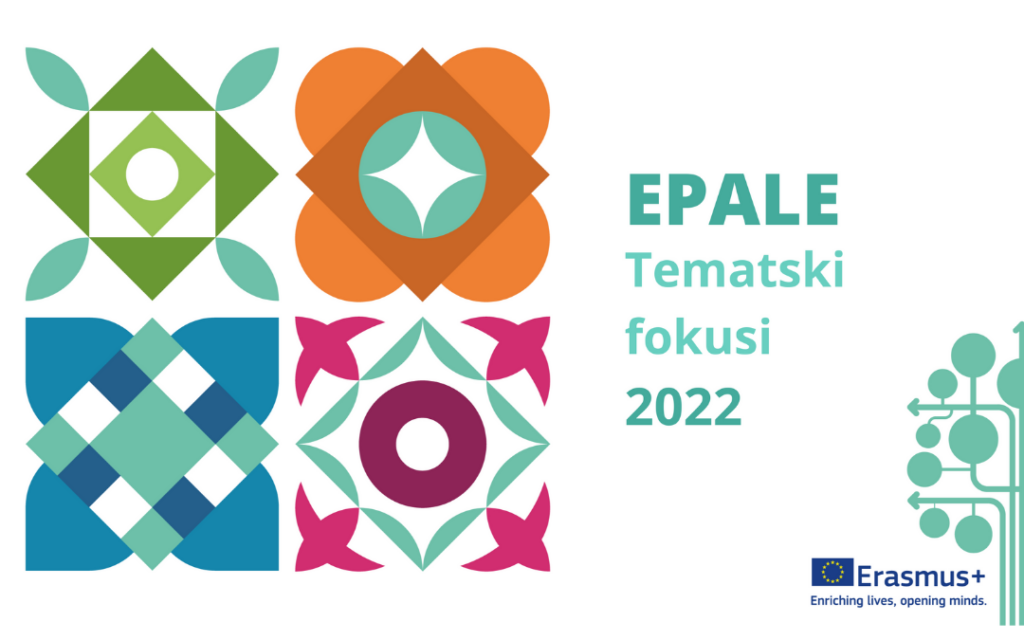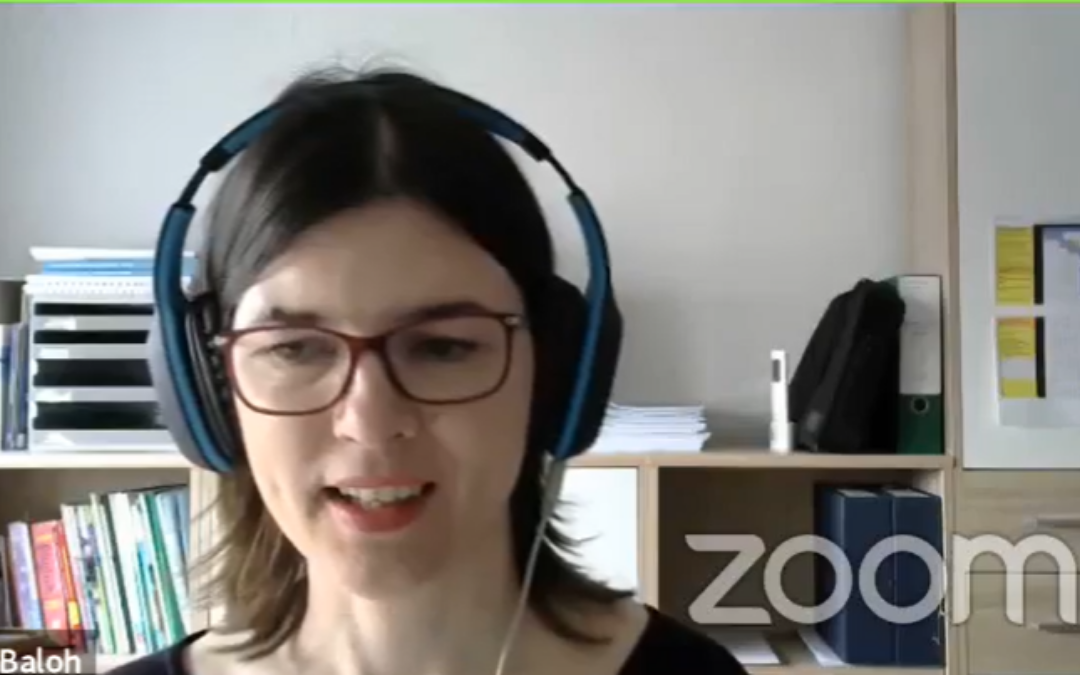Breakfast with EPALE: from novelties in 2022 to creating content
We wish that for members of the Slovenian ALE community the visit to the EPALE platform becomes the morning ritual every working day, similar to breakfast, which is the first meal of the day. That is why we carry out the Breakfast with EPALE several times a year. At the event, we present what our platform offers to help our European community grow and prosper. In recent years, we have held these events with the EPALE community online, but they have been no less exciting.
This year’s second breakfast with EPALE was dedicated to several novelties that have been available on the platform since the beginning of this year and to creating content.
The first of the novelties addresses the response to the war in Ukraine. Namely, adult educators do not stand still and know how to connect and join efforts even more in crises. For that reason, EPALE has created a new section, Adult Education and Solidarity in Crisis Situations, where many resources and materials are gathered.
At the EPALE breakfast, we drew attention to the publication of the EPALE Community Storybook, which collects the stories of inspiring individuals from all over Europe. The stories tell of the courage and strength of people to face challenges and overcome obstacles. In this way, we celebrate the active European community of adult learning and education, offer encouragement and instil new hope.
We presented EPALE 2022 Thematic Focuses: Young Adults, Innovative Approaches for Skills Revolution, Learning Communities, as well as Creativity and Culture for Social Cohesion. The EPALE 2022 Thematic Focuses support the strategic role of ALE in creating a sustainable and inclusive community for all.
The last novelty we have introduced to our audience is the EPALE Online Course Catalogue, which provides access to online training and certification opportunities for Adult Learning Professionals who want to improve their level of expertise. The selected courses are available on recognised and reliable online platforms from reputable institutions. The EPALE Online Course Catalogue is available in the LEARN section of the platform. With a wide range of MOOCs, OERs, resources and resource kits, the latter has become a true hub of opportunities to gather and develop new competencies and for upskilling and reskilling.
We continued with the presentation of the EPALE platform and the many opportunities it offers in its sections. We presented the registration and login process, the platform’s content and how to publish it, e.g. news and blogs. We drew attention to the guidelines for writing content and pointed out new themes on the platform: Ukraine, crisis education, participation, creativity, young adults, older people, prosperity, volunteering, validation and recognition, etc.
Erasmus+ day: successful implementation of innovations into daily work
We combined Breakfast with EPALE with Erasmus+ Day to offer the participants practical advice for implementing projects. This time we focused on the phase of transferring project results into the daily work of our organisation. We listened to three examples of good practice.
First, Breda Podbrežnik Vukmir from the France Balantič Library Kamnik showed how far-reaching the project’s effects could be. In a paper entitled The Art of Storytelling and the Local Community, she presented how project activities in the local environment can lead to many new events, networking and community revitalisation.
Lidija Sovinc from Rogaška Slatina AEC told us how they transferred innovations into the daily work of their organisation as part of the project Better integration of adult immigrants into adult educational programmes. She presented the integration of new knowledge into the organisation’s work according to carefully planned phases. She highlighted enthusiasm as the key to achieving the desired effects. She says we need to believe in our project, impress our employees with it and actively involve them in project activities. Above all, it is essential to adapt content and approaches to the needs of the organisation and target groups when introducing innovations.
To end the event, we listened to Tina Baloh from Žalec AEC, who presented the project Boosting Educators’ Competences to do Quality Blended Learning. She pointed out the availability of the participants as the key to the successful transfer of innovations into the organisation’s regular work. Their willingness to share knowledge with others was crucial. Appropriate feedback with the intent to check various aspects of how the project results are used is also very important.
Špela Močilnikar (spela. mocilnikar@cmepius.si), CMEPIUS





